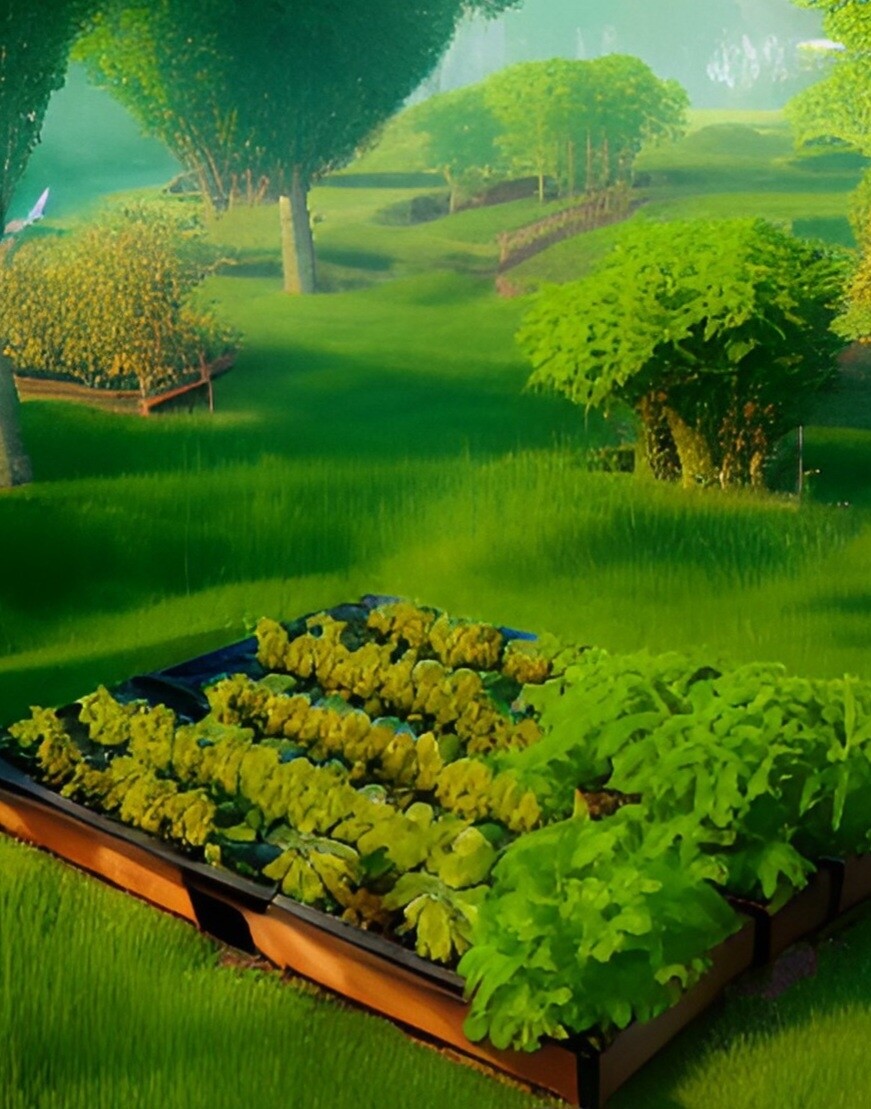What is Core Gardening?
Core gardening is a sustainable, earth-friendly method of cultivating and maintaining your garden. Unlike traditional methods of gardening, core gardening takes a holistic approach to caring for your garden that includes preserving the natural environment. This involves practices such as organic farming, reducing water usage, composting and recycling waste products, and limiting the use of harmful chemicals.
Core gardening relies heavily on building strong soil foundations by improving its fertility and biodiversity. Healthy soil is key to successful growing and pest management. Gardeners must work to maintain soil's moisture level, add necessary nutrients and micronutrients to help plants thrive, create proper drainage, introduce beneficial organisms into the environment (like worms), mulch, weed regularly and encourage root growth with aeration.
In addition to building healthy soil, core gardeners will strive to conserve water whenever possible. Rainwater can be collected and reused on the garden; smart irrigation techniques can also help keep water usage at a minimum. Additionally, using mulch or other ground cover will help retain water in the soil so plants don't have to be watered as often.
When it comes time to manage pests or weeds in the garden, core gardeners prefer to use non-chemical solutions such as trap cropping (growing one crop near another that is more attractive to pests), planting disease-resistant varieties of crops, attracting beneficial insects like ladybugs or praying mantises, introducing chickens or ducks for bug control, etc. These practices help protect beneficial species while eliminating unwanted ones without harming the environment.
Overall, core gardening provides a balanced approach between growing nutritious food while respecting nature’s processes and systems. By using sustainable techniques you can have a successful garden that not only yields delicious fruits and vegetables but also contributes towards protecting our planet!
